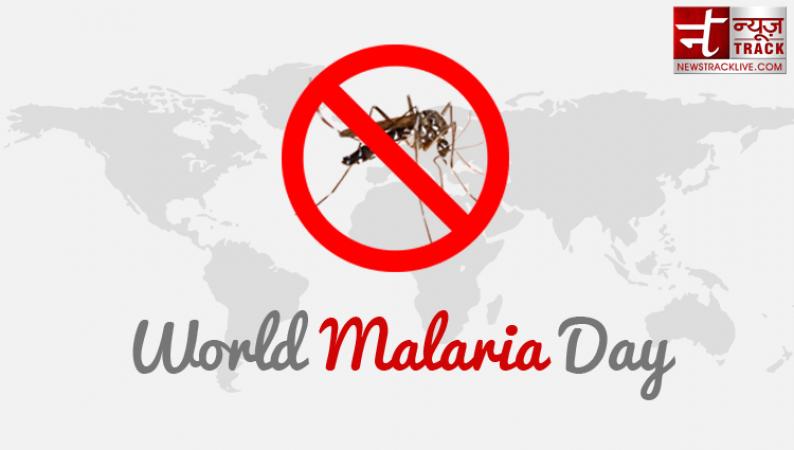
MANAGING MALARIA
The only way you can prevent malaria is by saving yourself from mosquito bites. Cover your skin by wearing long-sleeved shirts, apply mosquito repellents on your skin, and sleep under a net in order to avoid those bites. Drugs like chloroquine, quinidine and quinine among others are used to treat malaria. You can use these natural remedies alongside your medicines to manage the symptoms of malaria.
Cinnamon: Having antioxidant, anti-inflammatory, and antimicrobial properties, cinnamon can potentially help you manage the symptoms of malaria. To use it effectively, mix cinnamon and black pepper in hot water and drink it twice a day. You can also add honey in this mixture to enhance taste.
Turmeric: This super spice contains anti-oxidant and antimicrobial properties. The harmful toxins that build up in the body can be effectively removed by turmeric. Additionally, its anti-inflammatory properties help reduce malaria symptoms like joint and muscle pain. Add it in a glass of milk and drink the mixture regularly at night.
Orange juice: Orange is jam-packed with vitamin C, which is known to boost your immunity. If you are suffering from malaria, drink a glass of orange juice in between your meals to reduce the symptoms of malaria infection quickly.
Ginger: Having anti-inflammatory and anti-microbial properties, ginger is considered to be a very good option for signs of malaria like body pain and nausea. To have it right, add ginger and honey in hot water and drink it twice a day.
Fenugreek seeds: In people suffering from malaria, intermittent fever makes them very weak. Fenugreek seeds helps reduce that weakness and offer fast recovery. These seeds are also known for boosting immunity that help in fighting against malarial parasite effectively.
also read Here Secrets behind to Weight Loss Mantra for overall well being and healthiness
TYPES OF MALARIAL PARASITES
There are 5 types of malaria parasites namely Plasmodium falciparum, Plasmodium malariae, Plasmodium vivax, Plasmodium ovale, and Plasmodium knowlesi. Each of these is responsible for causing some kind of malaria (mild or severe). If not treated, malaria can be fatal.
Plasmodium knowlesi
Commonly found in Southeast Asia, this parasite replicates in a cycle of 24 hours. This rapid replication rate results in high levels of parasite in the blood causing rapid clinical deterioration of the patient’s condition. In few cases, it leads to multiple organ failure.
Plasmodium falciparum (P. falciparum)
Known for causing most-malaria related deaths globally, P. falciparum multiplies very quickly. It is commonly found in Africa, and is responsible for causing severe blood loss and clogged blood vessels. Malaria caused by this parasite is considered as most dangerous among others. It does not have a fixed structure and continuously undergoes change during the course of its life cycle.
Plasmodiumvivax
This parasite is considered less virulent than Plasmodium falciparum. Most commonly found in Asia and Latin America, this protozoal species is believed to be of the African origin. it can remain dormant for a long time and then wake up to infect your blood months or years after you got bitten by the infected mosquito. This parasite can cause severe infection that can lead to death.
Plasmodium malariae
Malaria caused by this parasitic protozoon is called ‘benign malaria’. It is also known as quartan fever and quartan malaria as it causes moderate fever that keeps on coming and going at around 3 days’ interval. It does harm your body but is not as dangerous as the other two varieties mentioned above. Its incubation period in the human host body ranges from 16 to 59 days.
also read Vitamin B12 deficiency in your body can lead to many diseases; read causes and remedies here
Plasmodium ovale
Commonly found in tropical Africa and New Guinea, Plasmodium ovale is a parasitic protozoon that is responsible for causing tertian malaria in humans. Compared to the infections caused by the first two parasites already mentioned, it is rare. According to scientists, P. Ovale is found to be consisting of two subspecies namely P. ovalecurtisi and P. ovalewallikeri.